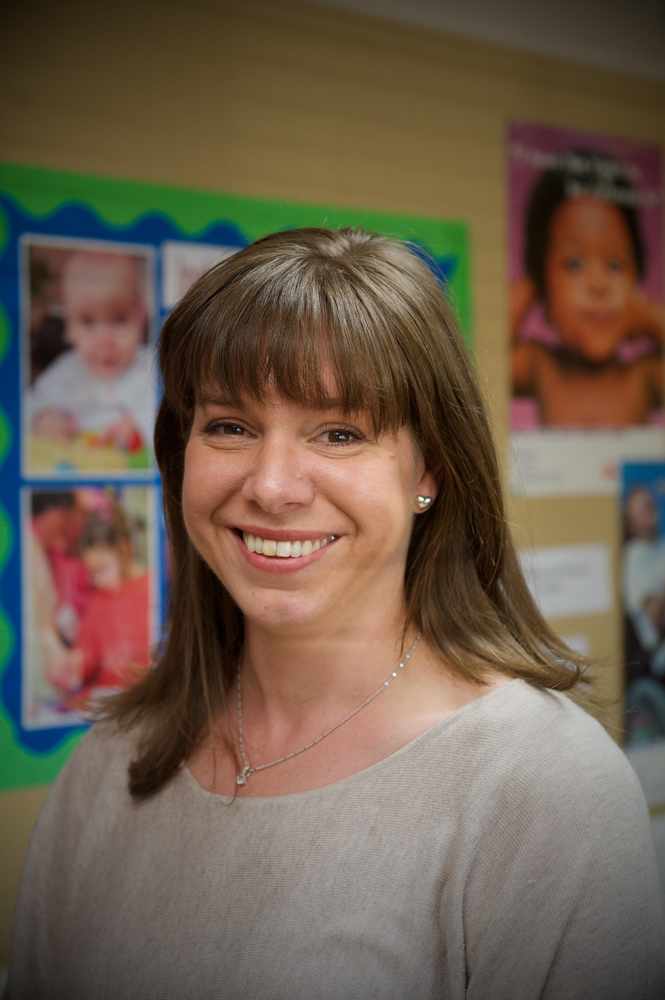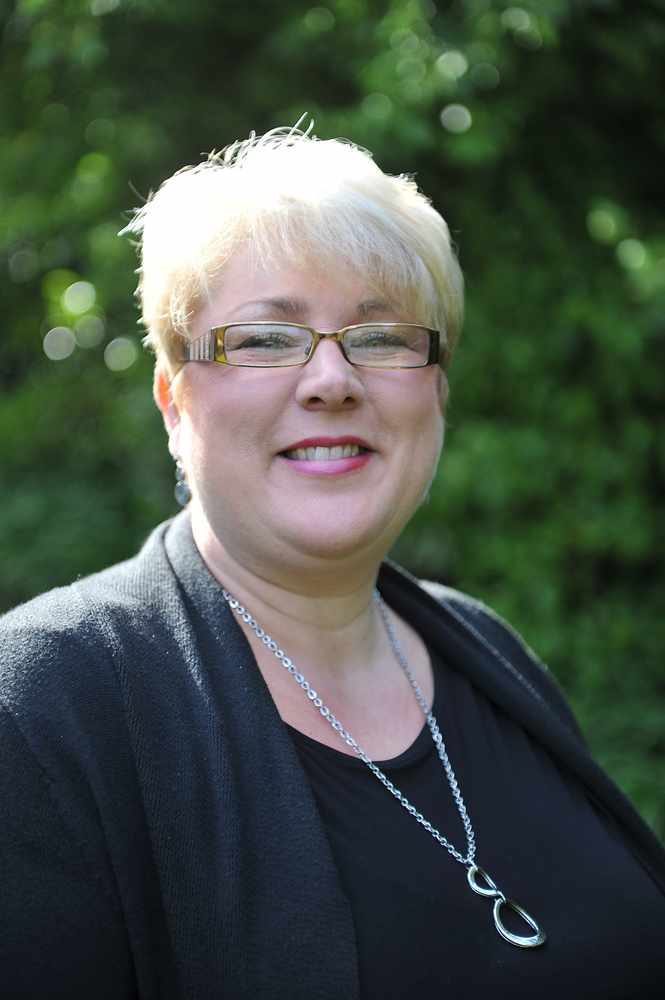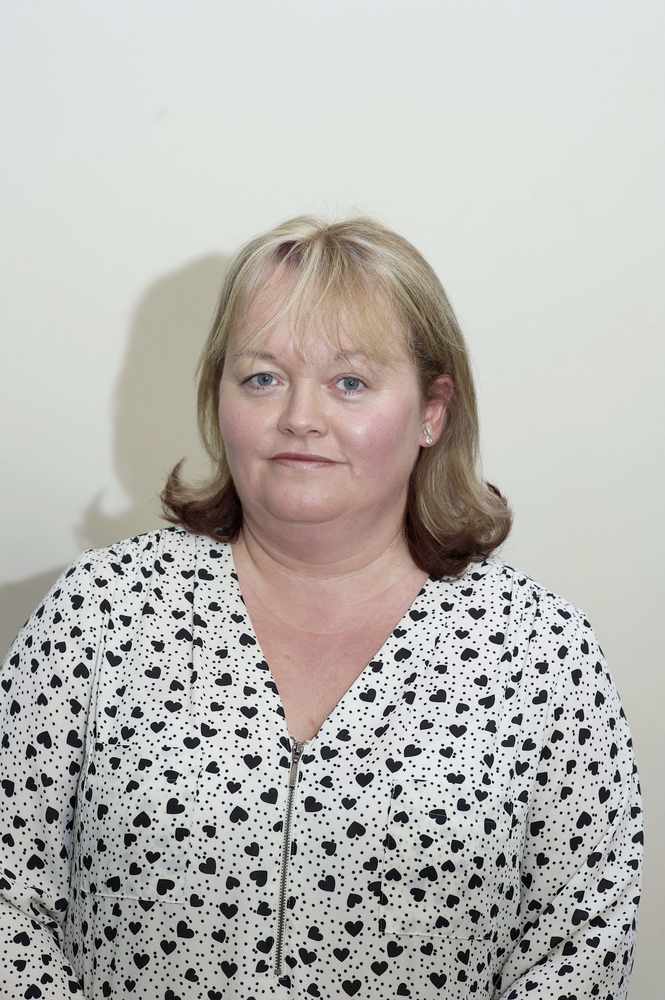My five-year-old daughters eye often has green discharge. It happens quite a lot and she says her vision is blurred. Should I be worried?

Discharge (or ‘sleep’) appearing in the corner of the eye upon waking is a normal function of the eye to eliminate waste and debris accumulating during the day. When present in excess or
if green, associated with blurring of vision, light sensitivity or pain indicates eye infection or disease and requires early medical assessment.
Infection of the surface of the eye (conjunctivitis) with bacteria may occur in one or both eyes and is the most likely cause of a green discharge. Its recurrent nature of your daughter’s condition may be the result of inadequate initial treatment, bacteria resistant to the antibiotics prescribed, an underlying inflammation of the eyelash follicles, abnormal oil production from glands within the eyelid, or rarely, an ulcer of the cornea. It is important that your doctor takes swabs of the discharge for culture, treats the infection and refers your daughter for an urgent specialist ophthalmic assessment.
I am a mother in my early 40s hoping to return to work later this month after having ten years off to care for my children at home. I am very nervous and feel out of touch with the workplace. I worry that I dont have the right skills any more. What should I do?

The best place to start would be to make an appointment to see a trained careers adviser at Careers Jersey. They will be able to work with you to identify the skills that you have, discuss where you want to go – return to a previous occupation or go in a different career direction – and give you practical help through signposting appropriate training and support with a CV, job application and mock interview.
It may be that you would be able to access training through the Back to Work programme, or there may be evening classes or distance-learning opportunities. As a young mother, you will have lots of skills that you developed during your early working life and during the last ten years of managing a home and family. Talking it through with a trained adviser will help you to identify the options that are available and help you to make an informed decision on what is right for you.
To contact Careers Jersey, ring 449440 or visit their website.
What age is the legal age for a babysitter, and what tips do you have so that my children can adjust to them?

As far as Jersey Child Care Trust is aware, there is no legislation stating the legal age for a babysitter, so it is at the discretion of the parents. The JCCT would advise that 16 years should be the minimum age for babysitting, and with very young babies and children, this should be 18 years. It is not just about age, though. The skills of the babysitter are very important. In addition to finding out more about their experience with children, ask about their knowledge and qualifications on first aid, use the “‘What would you do if…’ question and consider some likely and less likely scenarios that might happen in your household. It is vital that you meet your potential babysitter in advance of when you actually need their services, perhaps initially without the children present. Then, if you are happy to proceed, invite them for a play and a slice of cake with your children so they can begin to get to know each other. The JCCT has a free Babysitting Guide for Parents, available from The Bridge, which comes with a dry-wipe board and pen for you to leave details on, such as your address (in case an emergency service was required) and details of where you’re going.
My two-year-old boy does not speak at all. He cannot even say mama or dada and only makes baby noises. Is this normal?

There are wide parameters as to what is considered ‘normal’, but by the age of two, toddlers will usually use 50 or more single words, maybe starting to put two- to three-word sentences together, and may understand 200 to 300 words. Two years of age is a great opportunity to review development, and Health Visitors contact all families at this time to offer an assessment. If you haven’t received an appointment, contact your Health Visitor. A parent-led questionnaire helps parents and professionals to work together to review gross motor skills, fine motor skills, personal and social skills, problem solving and communication. Hearing – an important area of language development – will also be discussed. A referral to other healthcare professionals, such as a speech and language therapist or to the hearing assessment centre, can be made if required. To promote speech and language, try saying and singing action rhymes and songs, reading books together and repeating and expanding on what your child already says.
Q: We are thinking of getting a family dog. I have four children aged between one month and eight years and I want to teach them how to stay safe around dogs. What can I do?

Pets are a lovely addition to a home and you are quite right to give serious thought to how this can be safely managed.
It is important to first consider the breed of dog. All dogs need regular exercise, and with four children I imagine you have plenty of other demands on your time, so at this stage in your family’s life, is a dog the right pet for you? Remember that regardless of breed, no dog is entirely trustworthy, and both children and dogs can be unpredictable. They should never be left together without adult supervision.
While you are making your decision, visit friends or family who have dogs and encourage your children not to approach them unless they have asked the owner first. If they are allowed to stroke the dog, then offer the back of the hand first so that the dog can have a sniff, and then stroke him on the top of his head. All this should be done slowly and calmly, and only ever if the owner says it is OK.
Children should be discouraged from putting their face near the dog’s face, nor should they cuddle the dogs.
My child started in reception class in September and still seems to be struggling, in terms of settling in to a routine. What should I do?

Modern-day education is about targets and performance, which can create anxieties in both parents and children. While it is understandable that any parent would want their child to progress at school, it is important that they realise that cognitive progress, like any form of physical development, is not linear. He or she will get spurts of activity followed by periods of inactivity. Some parents compare their child’s progress at school with others – it is important not to fall into this trap. Focus just on your child’s progress.
A parent should know whether and to what standard their child can read, write and count. Using this as your base, you can judge whether any progress has been made. Check out the National Curriculum programmes of study, as these will give you an indication of what should be expected over the course of each key stage. But what is most important is not to convey your anxieties to your child, as this will stifle progress.
Avoid being critical of your child, and always be encouraging and supportive when you check their work. Schools give feedback formally at key times over the year, but if you are concerned, then make an appointment to see the teacher.






